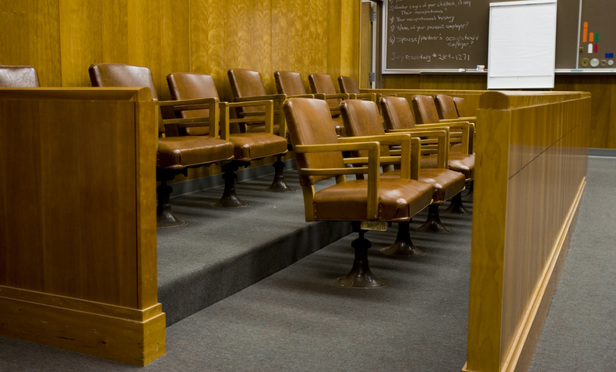Dr. Bull and his team were back at it again, this week dealing with the issue of coerced confessions. A hard up line cook was engaged to marry an upper class socialite, but her wealthy parents did not approve. After a fight between the couple on this issue, she stormed out and wondered down an alleyway, where she was murdered. Police arrested the fiancÉ. After holding him for eleven hours, promising him penal leniency, denying him water, and feeding him inculpatory language, the man admitted guilt. Dr. Bull instinctively knew the police had the wrong man, took the case, and set off to convince a jury that not all who confess are in fact guilty.
False confessions are a serious problem. According to the Innocence Project at Cardozo School of Law, more than 1 out of 4 people wrongfully convicted but later exonerated by DNA evidence made a false confession or incriminating statement. The reasons why a person might confess to a crime they did not commit are varied, but they include duress, coercion, fear of violence or the actual infliction of harm, or simply a misunderstanding about the situation. Confessions from juveniles or the mentally impaired are particularly problematic, as these groups can be easily manipulated or may be tempted to accommodate authority figures. Some techniques are so effective that vulnerable people come to come to actually believe that they are guilty.
This content has been archived. It is available through our partners, LexisNexis® and Bloomberg Law.
To view this content, please continue to their sites.
Not a Lexis Subscriber?
Subscribe Now
Not a Bloomberg Law Subscriber?
Subscribe Now
LexisNexis® and Bloomberg Law are third party online distributors of the broad collection of current and archived versions of ALM's legal news publications. LexisNexis® and Bloomberg Law customers are able to access and use ALM's content, including content from the National Law Journal, The American Lawyer, Legaltech News, The New York Law Journal, and Corporate Counsel, as well as other sources of legal information.
For questions call 1-877-256-2472 or contact us at [email protected]



